Lhasa Apsos, known for their luxurious coat and watchful personality, have unique dietary needs that must be met to maintain their health and well-being. This small but sturdy breed originates from Tibet and requires specific nutrition to support its lifestyle. This comprehensive guide aims to provide Lhasa Apso owners with all the necessary information to ensure their pets are well-nourished and healthy.
Understanding Lhasa Apso Nutritional Requirements
Lhasa Apsos are small dogs, but they are also active and robust. Their diet should include high-quality proteins for muscle maintenance, healthy fats for energy and coat health, and carbohydrates for sustained energy. Vitamins and minerals are vital in maintaining their overall health and well-being.
Our 5 Top Foods for Lhasa Apsos
The diets were selected by our founder Justin Palmer, a certified canine nutrition expert, specifically with Lhasa Apsos in mind:
| Food | Pros | Cons |
|---|---|---|
|
|
|
|
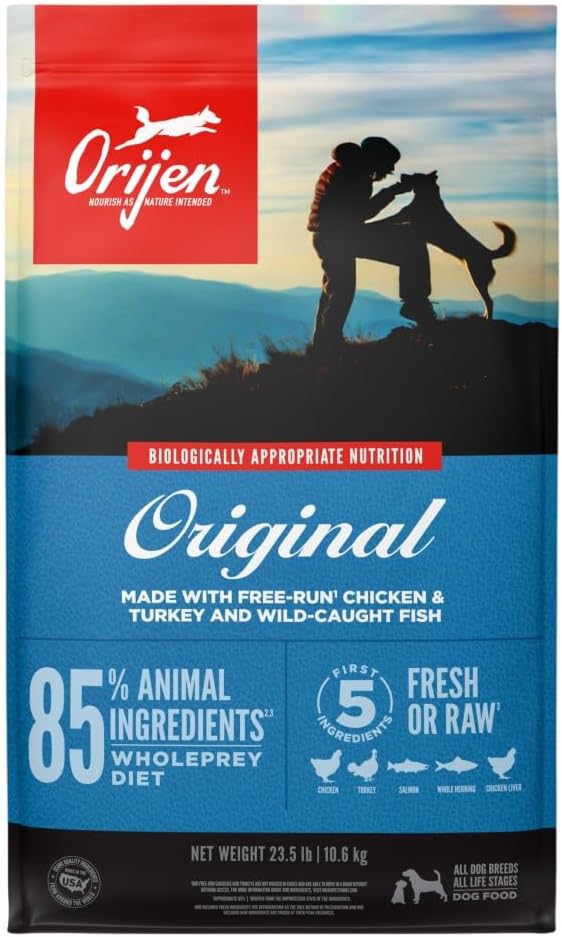
Check Today's Price on: |
|
|
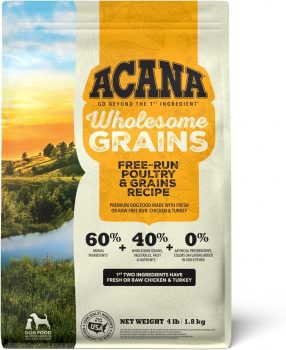
Check Today's Price on: |
|
|
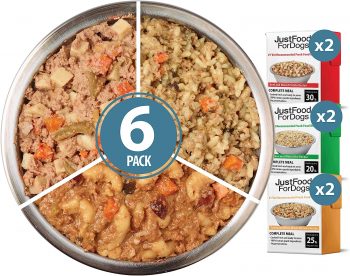
Check Today's Price on: |
|
|
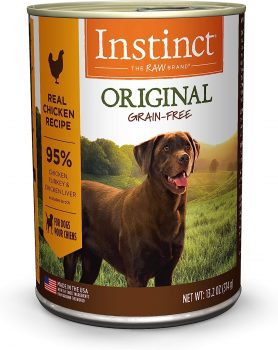
Check Today's Price on: |
|
|
High-Quality Protein Sources for Lhasa Apsos
Proteins are essential for Lhasa Apsos, supporting muscle health and overall growth. Look for dog foods where high-quality proteins, such as chicken, beef, lamb, or fish, are listed as the main ingredients. These proteins are necessary for their active lifestyle and maintaining a healthy weight.
Balancing Fats and Carbohydrates in a Lhasa Apso’s Diet
Healthy fats are crucial for Lhasa Apsos, especially for maintaining their distinctive coat. Sources of good fats include fish oil and flaxseed. Carbohydrates should come from complex sources like whole grains, providing the necessary energy and aiding digestion.
Essential Vitamins and Minerals for Lhasa Apsos
A well-rounded diet for a Lhasa Apso should include essential vitamins and minerals. Calcium and phosphorus support bone health, while vitamins like A and E boost the immune system and maintain skin and coat health. Commercial dog foods formulated for small breeds usually contain these nutrients in balanced amounts.
Appropriate Portion Sizes and Feeding Frequency
Portion control is essential for Lhasa Apsos to prevent obesity. An adult Lhasa Apso typically requires about 1/2 to 3/4 cups of dry dog food daily, depending on their size, age, and activity level. Feeding should be divided into two meals a day. Regularly consult with a vet for specific feeding recommendations.
Nutritional Needs of Lhasa Apso Puppies and Seniors
Lhasa Apso puppies and senior dogs have different dietary requirements. Puppies need a diet higher in calories and nutrients for growth, while senior Lhasa Apsos may benefit from a lower-calorie diet. Specialized puppy and old dog foods can provide the appropriate nutrition for these life stages.
Importance of Hydration in a Lhasa Apso’s Diet
Hydration is crucial for Lhasa Apsos. Always provide access to fresh, clean water. Wet dog food can also contribute to their hydration, which benefits dogs that may not drink enough water.
Managing Food Allergies and Sensitivities in Lhasa Apsos
Lhasa Apsos can develop food allergies or sensitivities. Identifying and eliminating allergens is critical. Limited ingredient diets or novel protein sources can help manage and prevent food-related allergies.
Monitoring Weight and Adjusting the Diet
Regularly monitoring your Lhasa Apso’s weight is crucial. Overfeeding can lead to obesity, while underfeeding can result in nutritional deficiencies. Adjust portions based on your dog’s activity level and weight. Regular veterinary check-ups can help maintain an ideal weight.
Treats and Snacks: Healthy Options for Lhasa Apsos
While treats are essential to training and bonding, they should be given in moderation. Opt for healthy, low-calorie treats and avoid human foods toxic to dogs, such as chocolate, grapes, onions, and xylitol.
In conclusion, feeding your Lhasa Apso a balanced diet tailored to their needs is critical to their health and happiness. Regular veterinary consultations and monitoring are essential to keep their diet on track. Your Lhasa Apso will enjoy a long, healthy life with the proper nutrition.
 Check Today's Price on:
Check Today's Price on: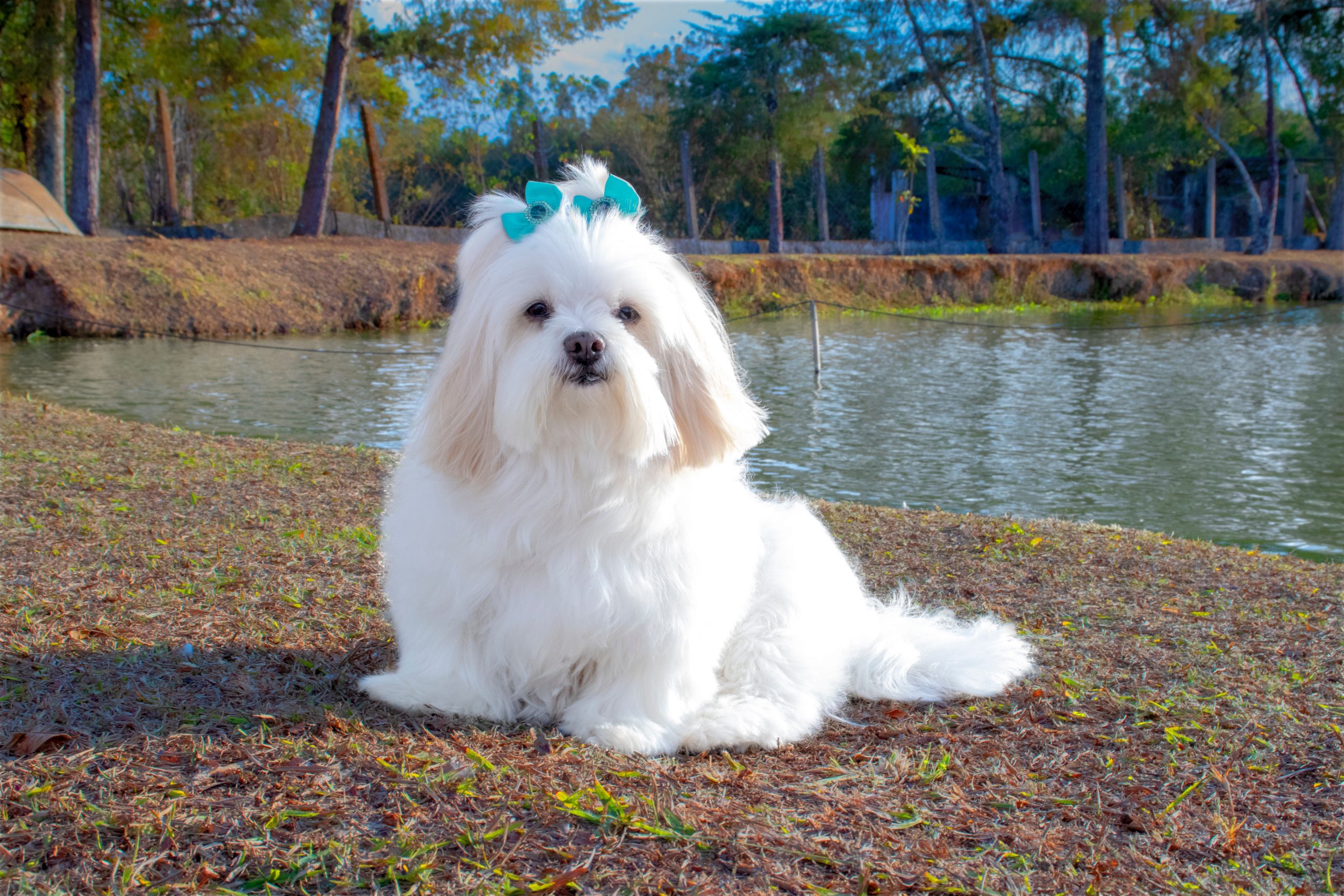
 Toledo, United States.
Toledo, United States.